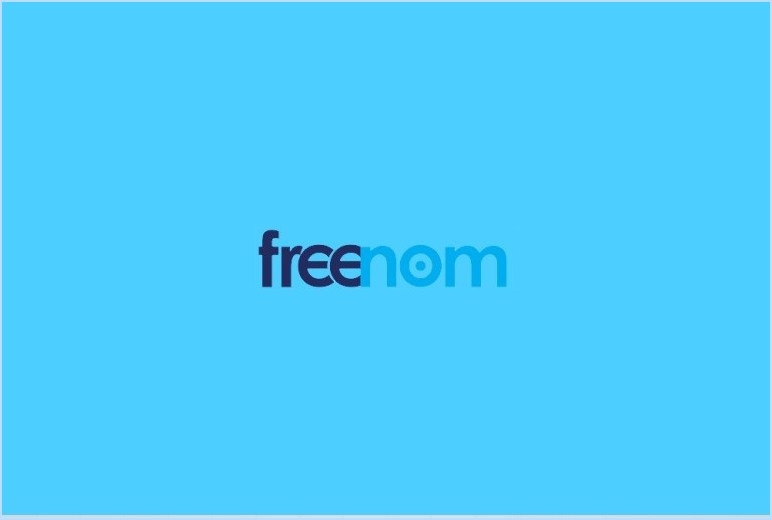
Date First Published: 21st January 2022
Topic: Computer Networking
Topic: Internet Organisations
Article Type: Computer Terms & Definitions
Difficulty: MediumDifficulty Level: 5/10
Freenom (also known as dot.tk) is a free domain provider that offers five TLDs for free, which include .tk, .ml, .cf, .ga, and .gq. It was founded in December 2012 by Joost Zuurbier with headquarters in Amsterdam, Netherlands. Freenom is known as 'the first and only free domain provider', according to the website. Freenom works just like any other domain registrar, since it allows registrants to alter the nameservers, DNS records, and other settings as well as set up 301 redirects.
Free domains can be registered for up to 12 months and there are no limits on the number of times that the domain name can be renewed or the number of domains that a user has registered. An example of what Freenom looks like when searching for a domain name can be seen below, although there are a lot of things to keep in mind below.
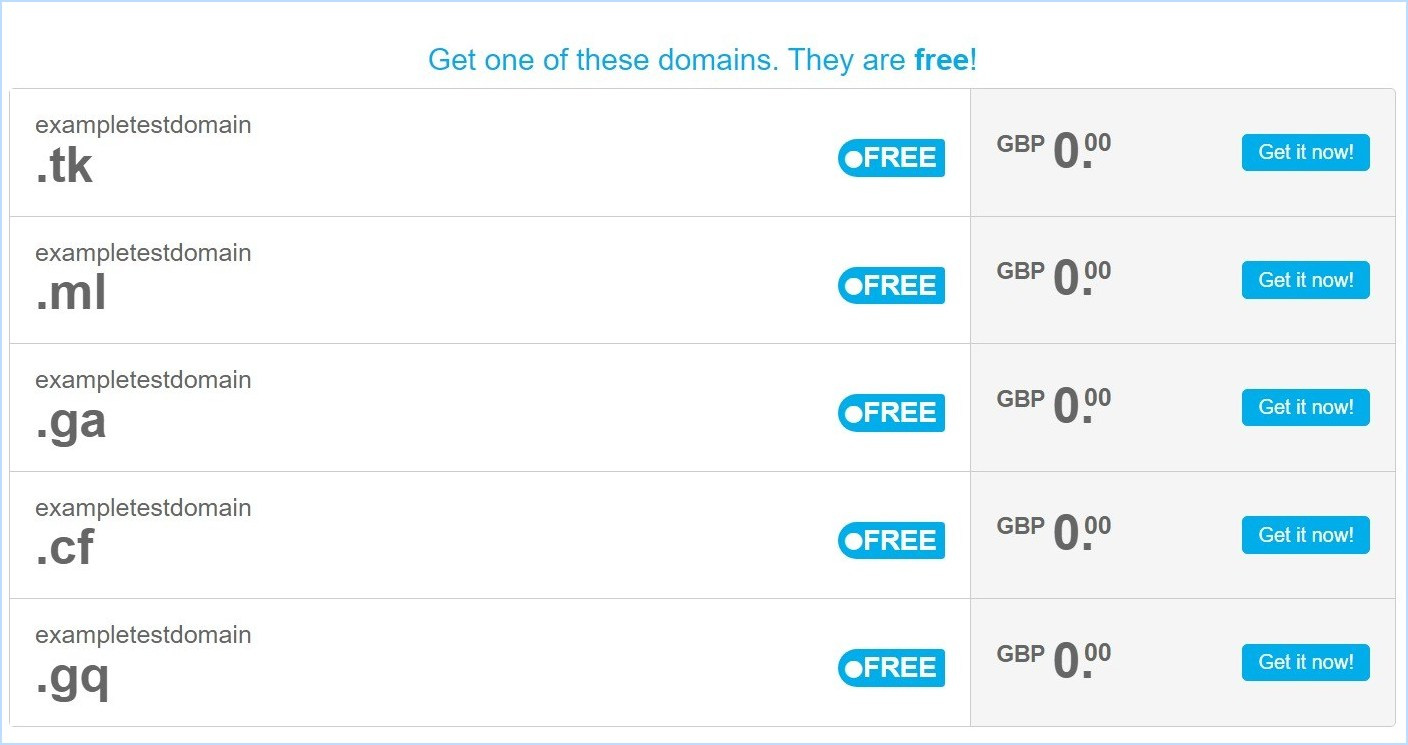
The most common thing that is asked about Freenom is if it's safe to use it for free domain names. This is because completely free domain names without anything else that have to be paid with it, like paid hosting are truly rare and seem too good to be true. The answer is that for a temporary domain or for testing purposes, it's okay. But, for the long term, it is not recommended that you use Freenom, and here's why.
Because it's free, you won't actually own the domain name. The domain name would actually be owned by the company. This is clear as Freenom appears as the registrant of the domain name when looking in the WHOIS database. Freenom just provides you with rights to use that domain name. Because you won't actually own the domain name, you will have no legal registrant rights, transferral rights, and won't be the licencee of the domain name. This means that the company can cancel your domain name or take control over it at any time without any notice.
There is evidence of people having their domains suspended and marked as 'fraud' when they get popular or receive a decent amount of traffic. Also, there is evidence of people having their domains redirecting to a page that is filled with ads so that the company can make money from all the ad views and clicks. Freenom can also suspend domains if they are not receiving any traffic for a long time.
A lot of people wonder how Freenom can measure the traffic for the domains registered when the nameservers are different and they do not have access to the registrant's traffic analyser, such as Google Analytics. Freenom can easily measure traffic for the domains that are registered there by collecting DNS requests. This is because every time the DNS cache expires, a DNS request is sent. When a lot of DNS requests come from all around the world, that will suggest that the domain name is popular and receiving a lot of traffic.
In addition, you will have to remember to renew their domain names by themselves as you will receive no reminders to renew your domain name, unless you are using a paid domain. You have to renew your domain name within 14 days before the expiration date or else it will be set to 'expired' status and the registration will be cancelled.
Over the years, Freenom has received lots of negative reviews. The majority of the reviews on Trustpilot are negative, as seen in the screenshots below. Most of the negative reviews say that people have had their domains got suspended for no reason or that customer support does not exist.
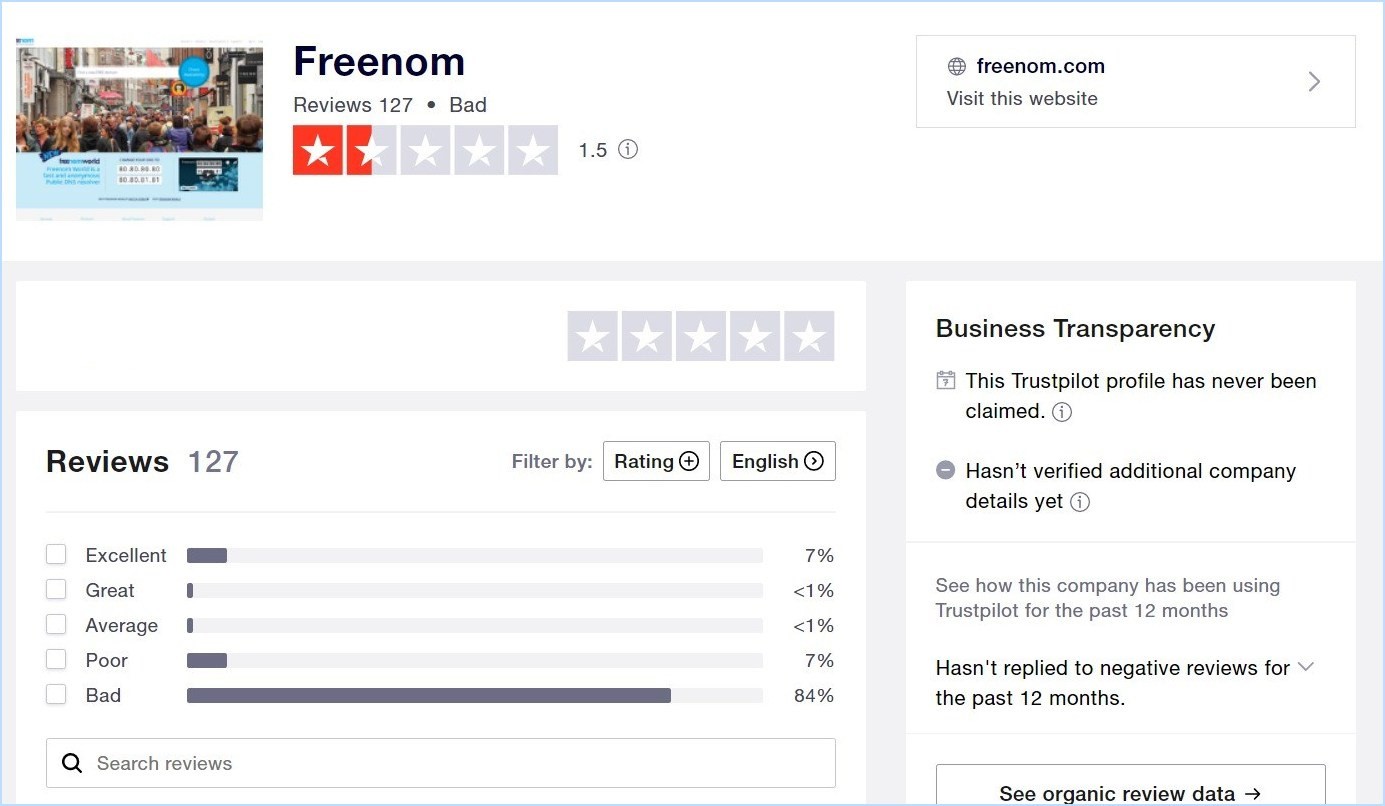
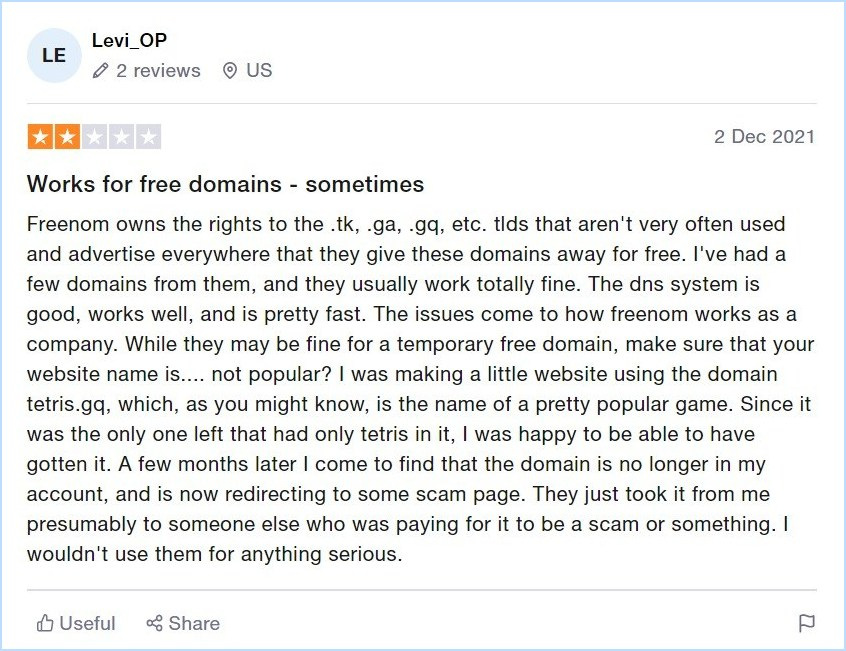
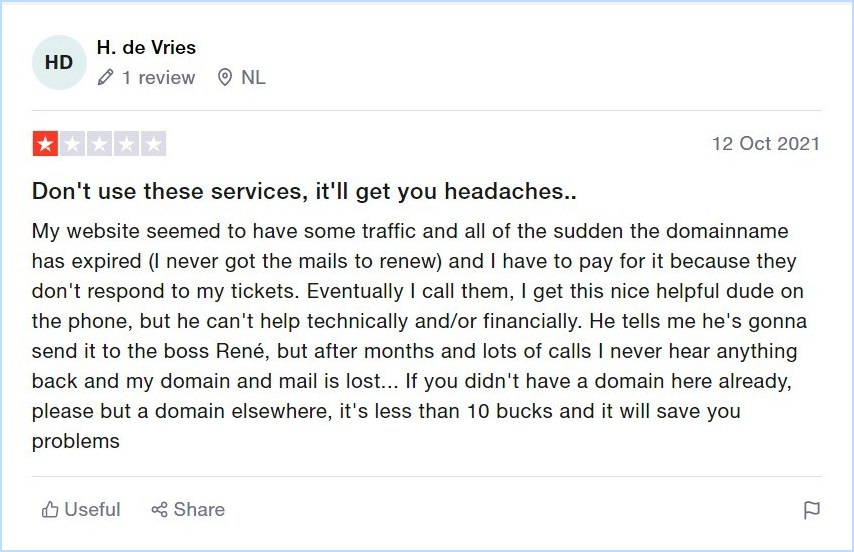
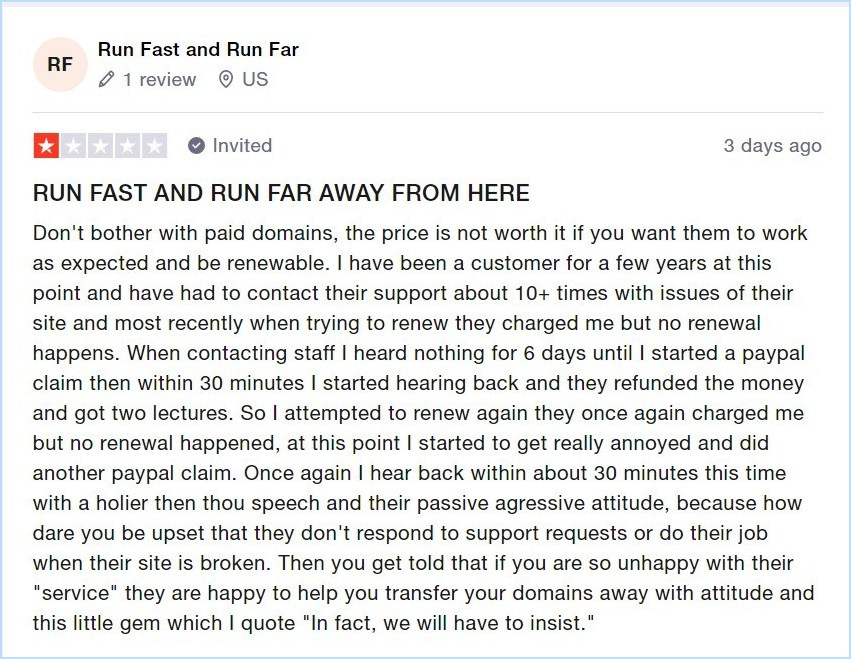
In conclusion, Freenom is quite risky to use for free domains. A lot of people ask: Does Freenom actually give away free domain names? It does, but it is not recommended to use them for anything serious, for the five reasons below.
If so, it is important that you tell me as soon as possible on this page.
Network Services Network Setups Network Standards Network Hardware Network Identifiers Network Software Internet Protocols Internet Organisations Data Transmission Technologies Web Development Web Design Web Advertising Web Applications Web Organisations Web Technologies Web Services SEO Threats To Systems, Data & Information Security Mechanisms & Technologies Computer Hardware Computer Software Ethics & Sustainability Legislation & User Data Protection